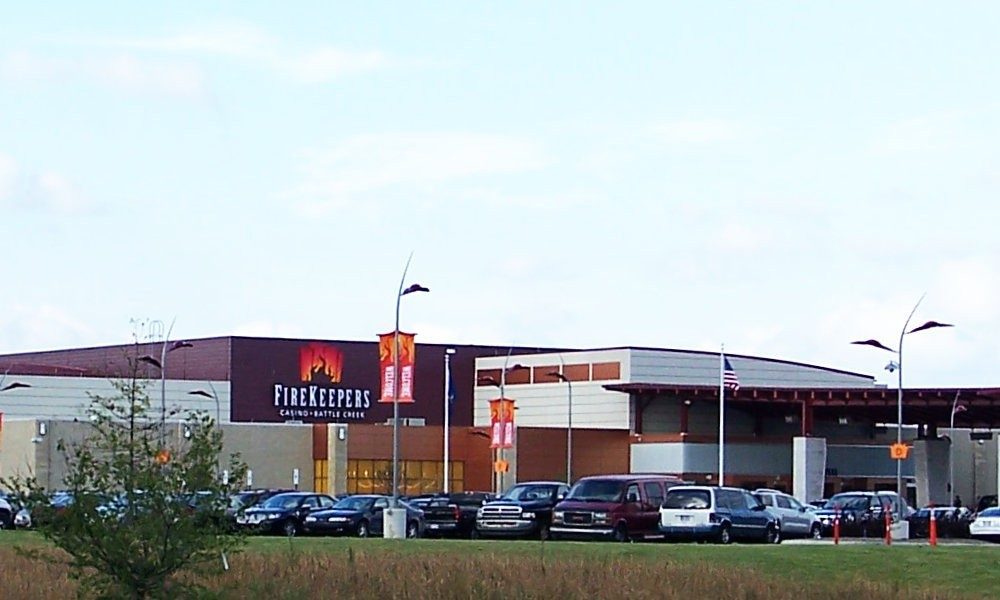An annual report published by the state in April revealed that Michigan’s tribal casinos contributed $30.3 million in winnings to local governments in 2023, more than $420,000 less than the $30.8 million paid out in 2022 and the $31.5 million reported in 2021.
Under state law, tribal casinos in Michigan must pay 2 percent of their “net win” to local state government bodies or revenue-sharing boards. The net win is the amount wagered minus the amount paid to players for winning wagers.
The Great Lake State is home to 23 Class III tribal casinos operated by 12 Native American tribes. In 2023, nine of these paid more than $1 million to local governments. The Saginaw Chippewa Indian Tribe paid the highest amount, $6.5 million, from its three casinos, Soaring Eagle Casino and Resort, Soaring Eagles Landing Casino and Hotel and Soaring Eagle Slot Palace. The Nottawaseppi Huron Band of the Potawatomi contributed the second-highest amount of $6.2 million for its FireKeepers Casino Hotel in Battle Creek.
Some tribes also are required to make payments to the Michigan Economic Development Corp. in accordance with compacts and related consent judgments. However, those casinos governed by state law are not included in this. Such agreements led to $43.9 million paid by four tribes in 2023, a decrease from the previous year’s $52.7 million.
Revenue figures from the Michigan Gaming Control Board showed that the Saginaw Chippewa Indian Tribe and the NHBP are ranked among the top five retail operators in the state over the past five years.


